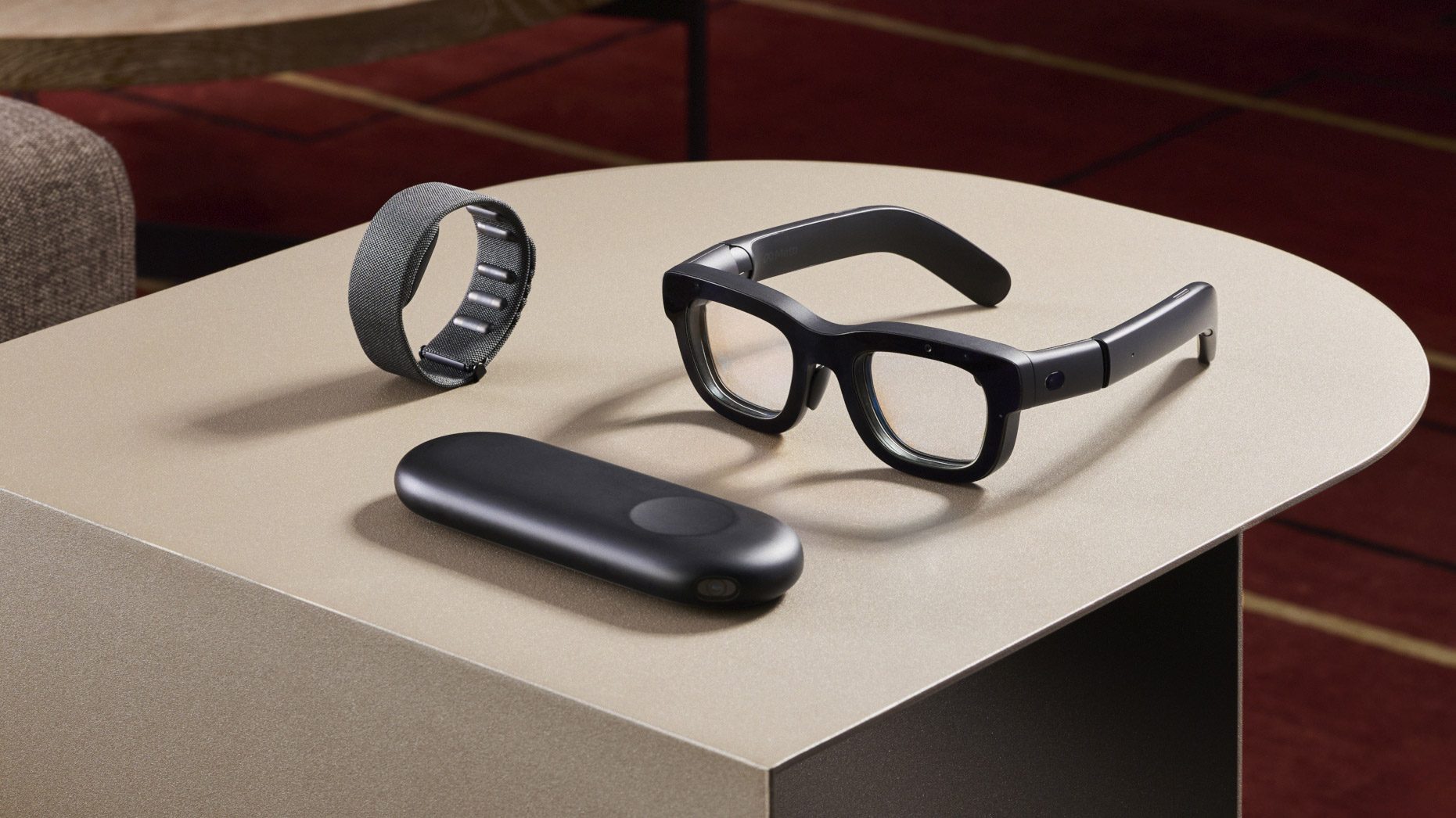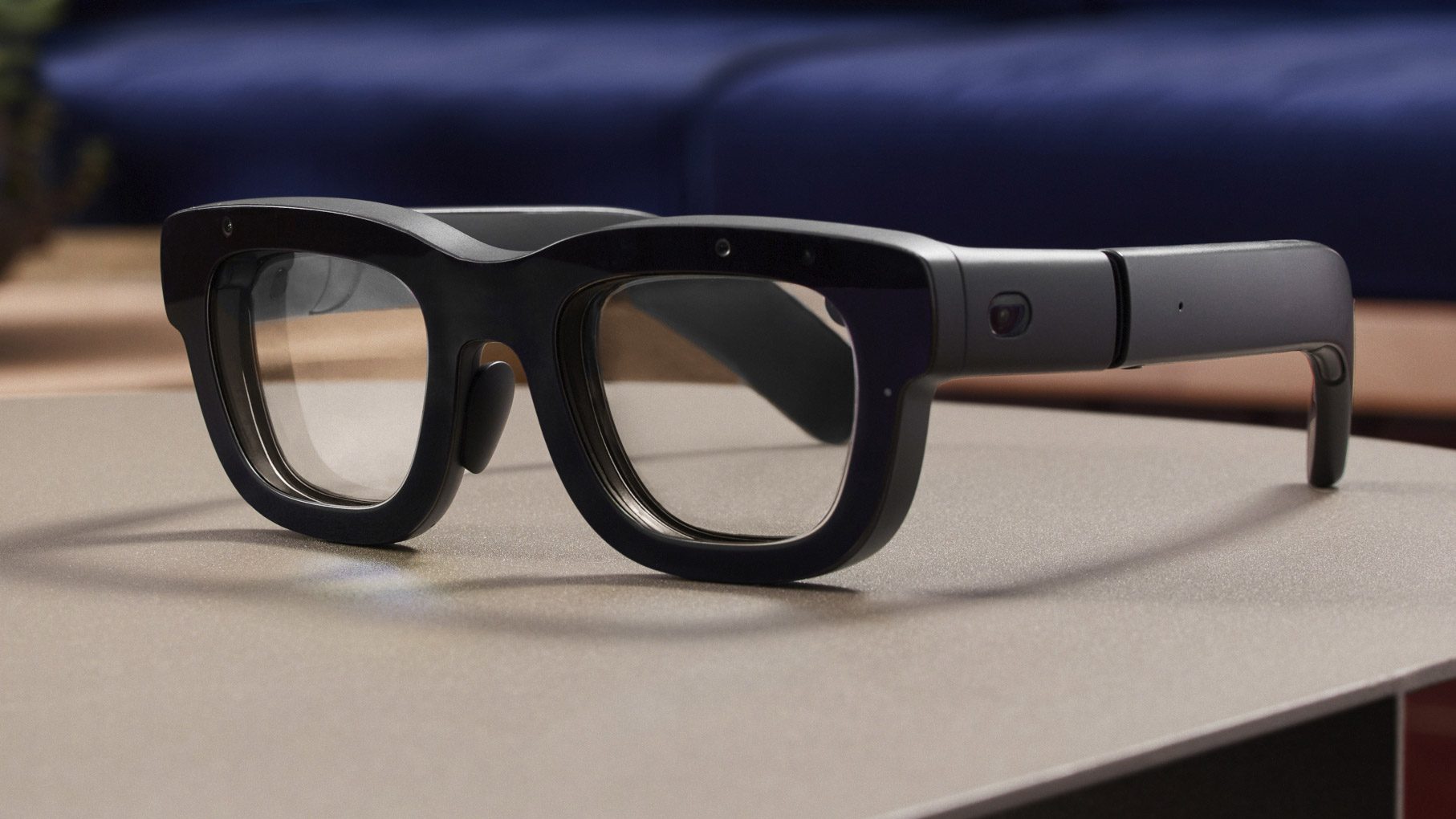On stage at Connect yesterday, Meta unveiled Orion, an AR glasses prototype that, while impressively slim, isn’t making its way out of the Meta offices anytime soon. Still, Meta CTO and Reality Labs chief Andrew Bosworth says an AR device based on Orion is coming this decade, and will likely shoot for a price point somewhere north of a smartphone.
In an Instagram Q&A, Bosworth calls Orion an “internal developer kit,” which the company is using to refine software, but also a starting point on how to package the device into a more consumer-friendly budget.
Notably, Meta doesn’t seem to be pitching Orion for enterprise, like Microsoft did with HoloLens, but rather targeting it squarely at consumers. That’s going to take “some years, not decades,” Bosworth says.
“They’re not going to be cheap. They probably won’t get in at like, a Quest 3S price point [$300], or even necessarily a Quest 3 [$500] price point. But we really have a goal of making them affordable and accessible at least in the space of phone, laptop territory.”

That’s a pretty wide range of prices. Considering however that capable mid-range smartphones can be had for about the price of Quest 3, it’s more likely Bosworth is looking at flagships as they’re priced today, which hover around $1,000—lets hope he isn’t talking about foldables. Still, a spec-ed out 13-inch M3 MacBook Air costs $1,500, which seems like a reasonable upper range to bank on.
When asked whether there will be a consumer version of Orion by 2030, Bosworth highlights “it won’t be Orion, because Orion is this particular prototype, but yeah.”
As seen above, the core of headset’s computing power is off-loaded to a pocketable compute unit pocket, which wirelessly transmits to the glasses—no tether needed. It also packs a neural interface thanks to built-in eye-tracking and a wrist-worn electromyography (EMG) band used for hand-tracking.
Additionally. Bosworth reveals Orion doesn’t run the company’s Android-based XR operating system, Horizon OS, noting a few key differences between Quest and Orion which requires its AR glasses to have its own OS.
“So we try to invest as much as we can in shared technology stacks so things like hand-tracking, eye-tracking, codec avatars, shared between both the Quest system and Orion at the same time,” Bosworth says. “We want each device to be the best version of itself and not too anchored by shared technology that could limit it. And so, a lot of things that you want to do in augmented reality are just different. Your interaction design is different, you’re not going to have controllers. Ever. You’re gonna have this neural interface.”
Continuing: “I think the interface and the interaction design is going to be so different for AR, and the use cases are going to be pretty different that it’s got its own OS.”
You can learn more about Orion, including its class-leasing field of view, in yesterday’s big info drop.
,
